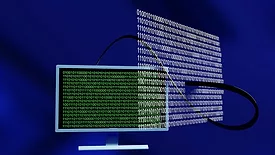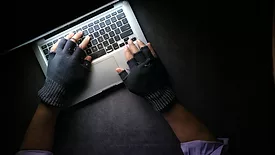Home » Keywords: » nation-state attack
Items Tagged with 'nation-state attack'
ARTICLES
Security Talk
Emerging Cyber Threats in a Rapidly Evolving Landscape
Cybersecurity leader discusses emerging cyber threats during ISC West conference.
June 9, 2025
Sign-up to receive top management & result-driven techniques in the industry.
Join over 20,000+ industry leaders who receive our premium content.
SIGN UP TODAY!Copyright ©2026. All Rights Reserved BNP Media.
Design, CMS, Hosting & Web Development :: ePublishing













